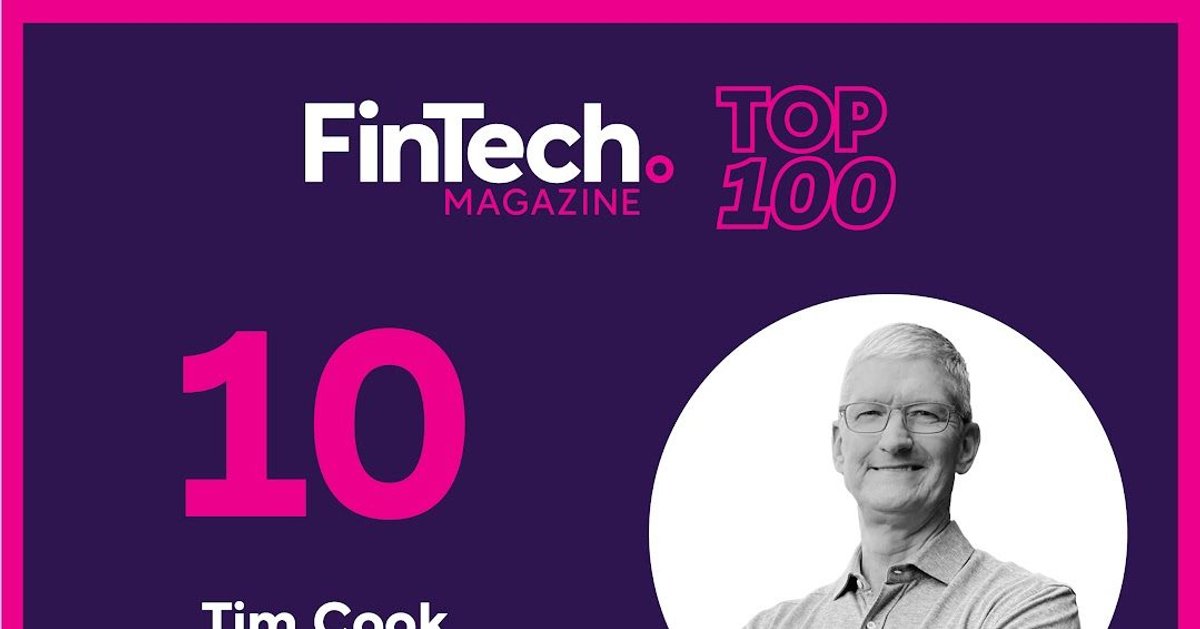
Tim Cook: Apple CEO and Innovative Leader
- 21.03.2025 00:00
- fintechmagazine.com
- Keywords: AI
Tim Cook, Apple's CEO, has led the company to significant innovation, including the introduction of Apple Pay in 2014 and expanding NFC technology for third-party developers with iOS 18.1 in 2024.